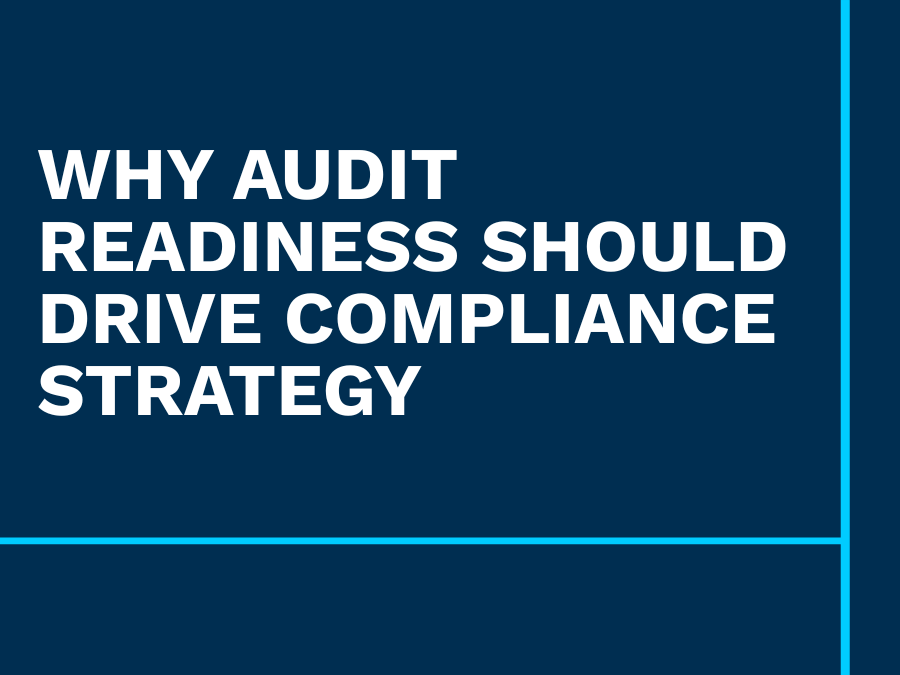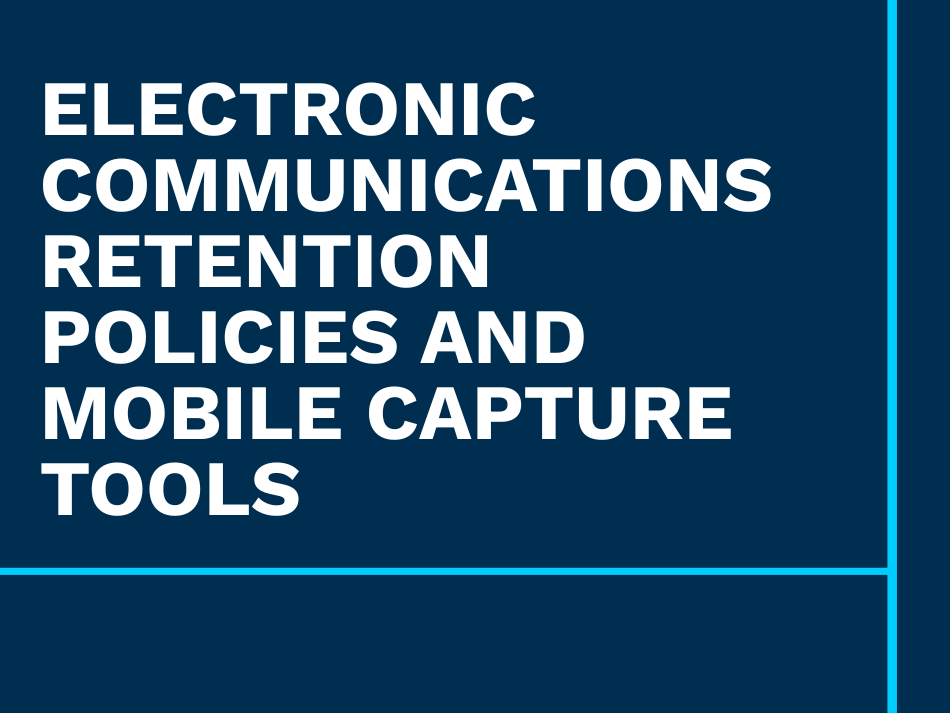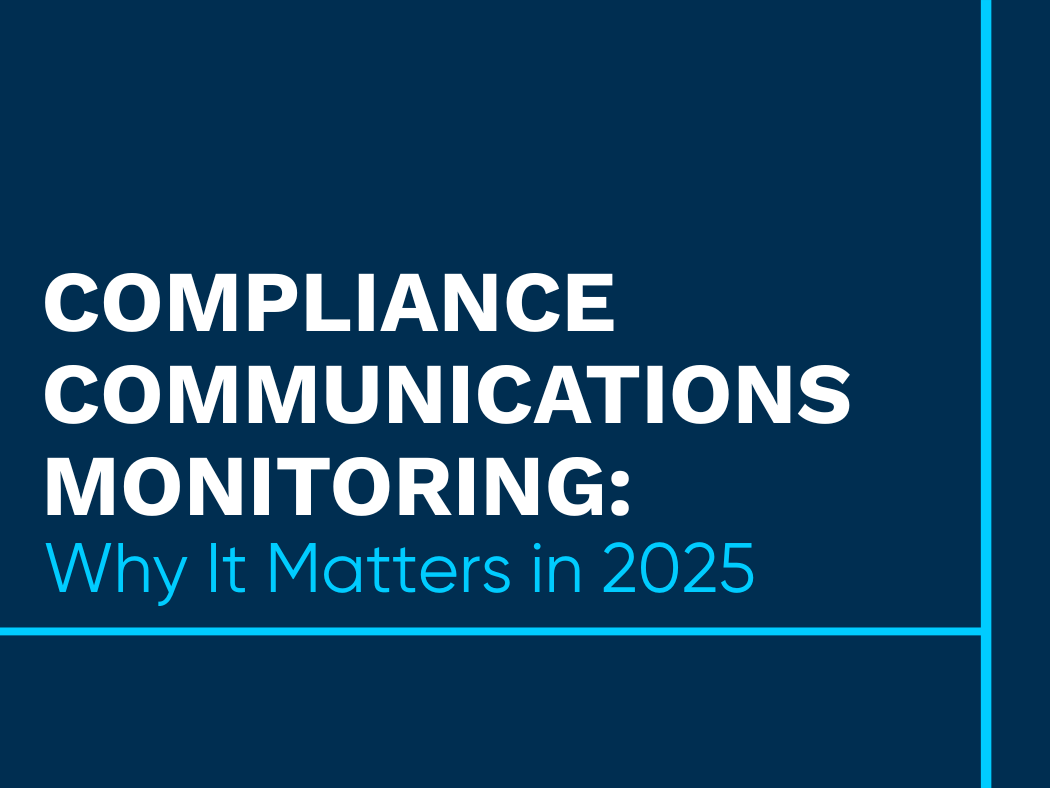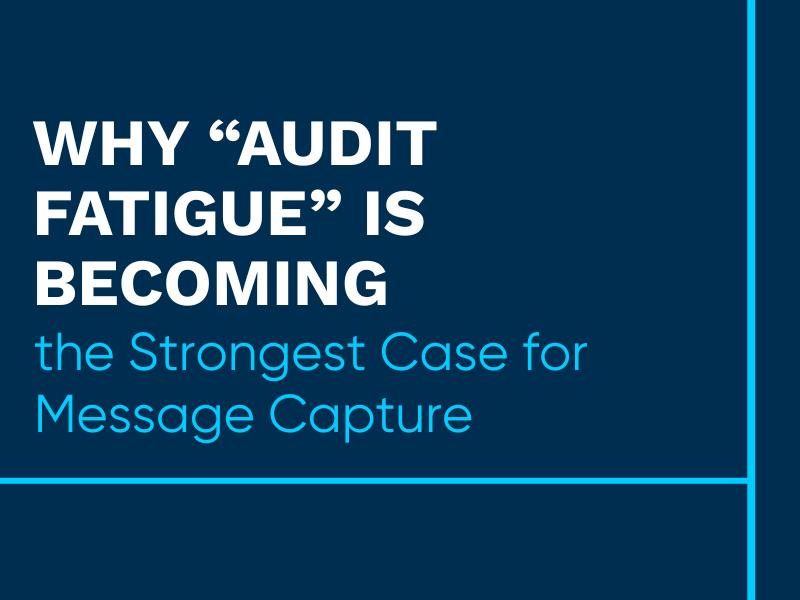The Legal Risks of BYOD in the Public Sector
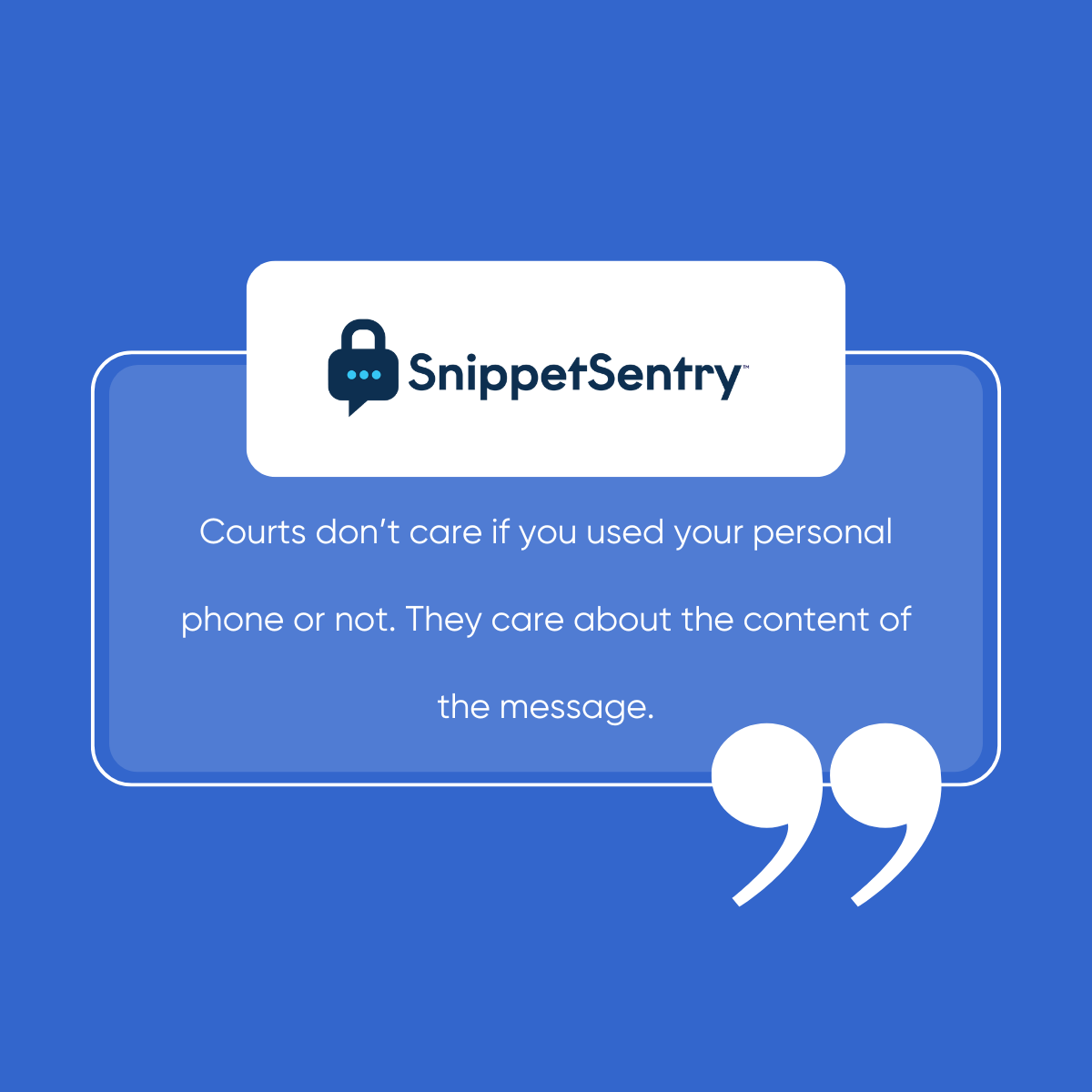

Why Personal Phones Are Creating New Challenges For Public Agencies
Personal devices are now a normal part of the workday. Like all of us, government employees aren’t any different. They’re sending messages on the go with their personal devices. We live in a world where we need to move fast and stay connected easily.
But for government agencies, that convenience brings new legal and compliance challenges. Especially when there’s no clear way to manage or review those conversations.
When Personal Messages Become Public Records
Even if a message is sent from someone’s personal phone, it can still count as a public record. Courts don’t care if you used your personal phone or not. They care about the content of the message.
If someone texts about government business, that message may need to be stored and accessible. And if your agency can’t produce it when requested, it could lead to fines, legal issues, or public scrutiny.
According to the National Conference of State Legislatures, public records laws apply to electronic communications if they relate to public business. This includes text messages, even on personal devices.
Encrypted Apps Are Not a Free Pass
Apps like iMessage, WhatsApp, and Signal are popular because they feel secure. But just because they are encrypted does not mean they are compliant.
These apps do not make it easy to archive or retrieve messages. Agencies that rely on them without proper systems in place often have no way to track important conversations or respond to requests when needed.
Remote and Hybrid Work Make Things Even Harder
Many employees work from home or in the field. In those settings, texting often replaces email. It feels faster and more natural. But without a clear system to capture these messages, agencies lose visibility into how decisions are made and how information is shared.
This is not about stopping people from using tools that work for them. It is about helping agencies stay accountable and protected.
This isn’t just about public records, it’s also a cybersecurity concern. BYOD policies, combined with unmonitored messaging, increase the risk of data leakage and shadow IT.
Moving Forward
People are using personal devices to get work done every day. The key question is whether your agency can retain the messages that matter most.
Getting ahead of this issue does not require a huge overhaul. It just takes the right tools and a clear plan to protect your agency and support your team.
Want to see how it works today? Grab time with our team here.

